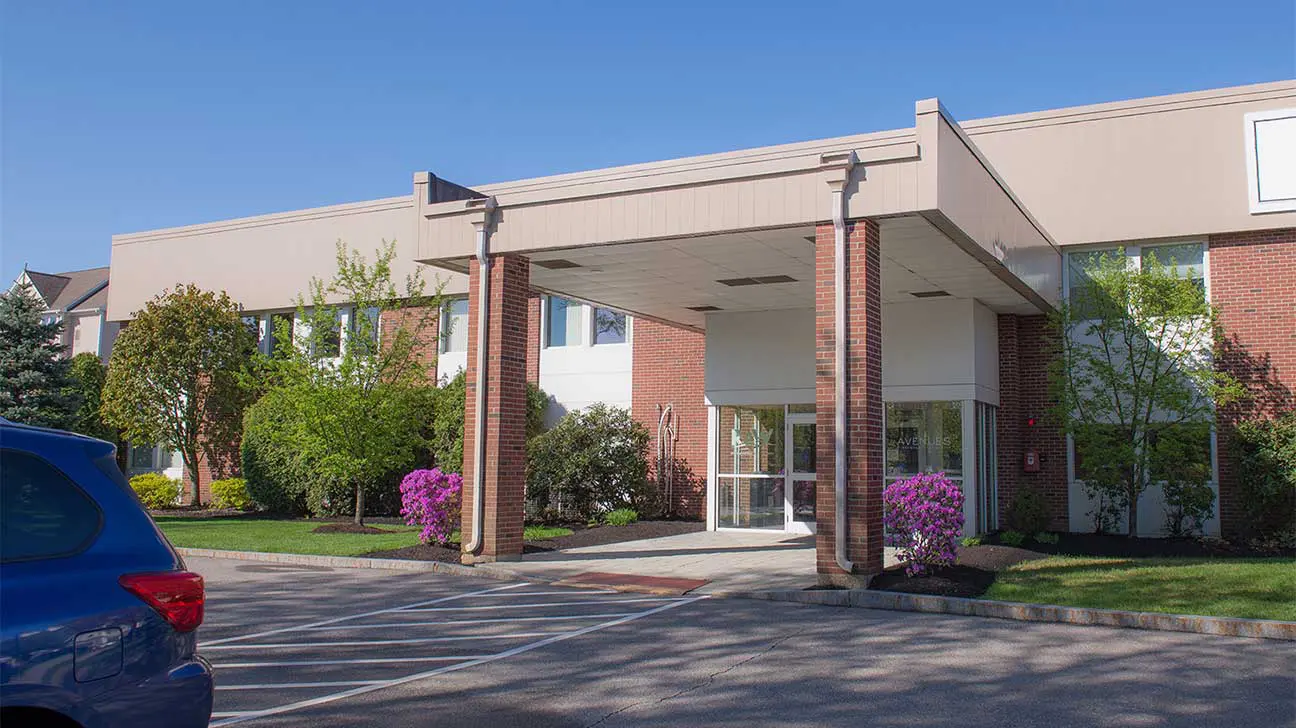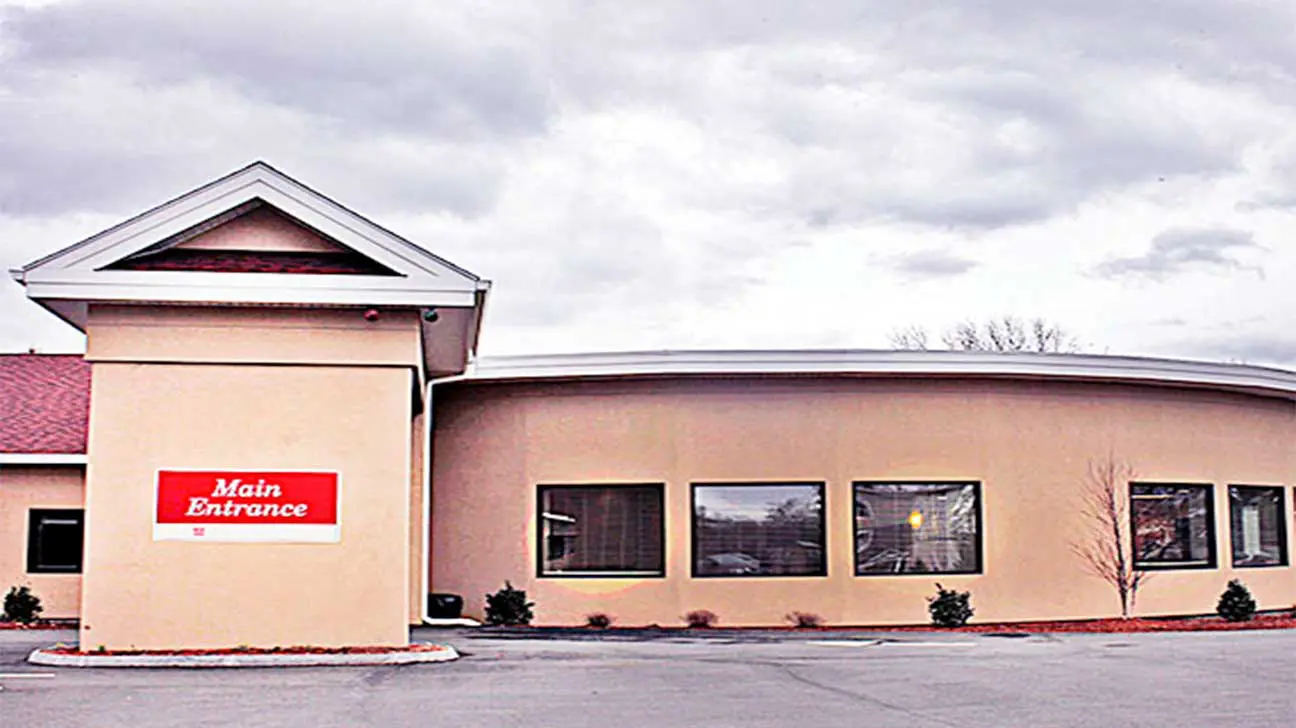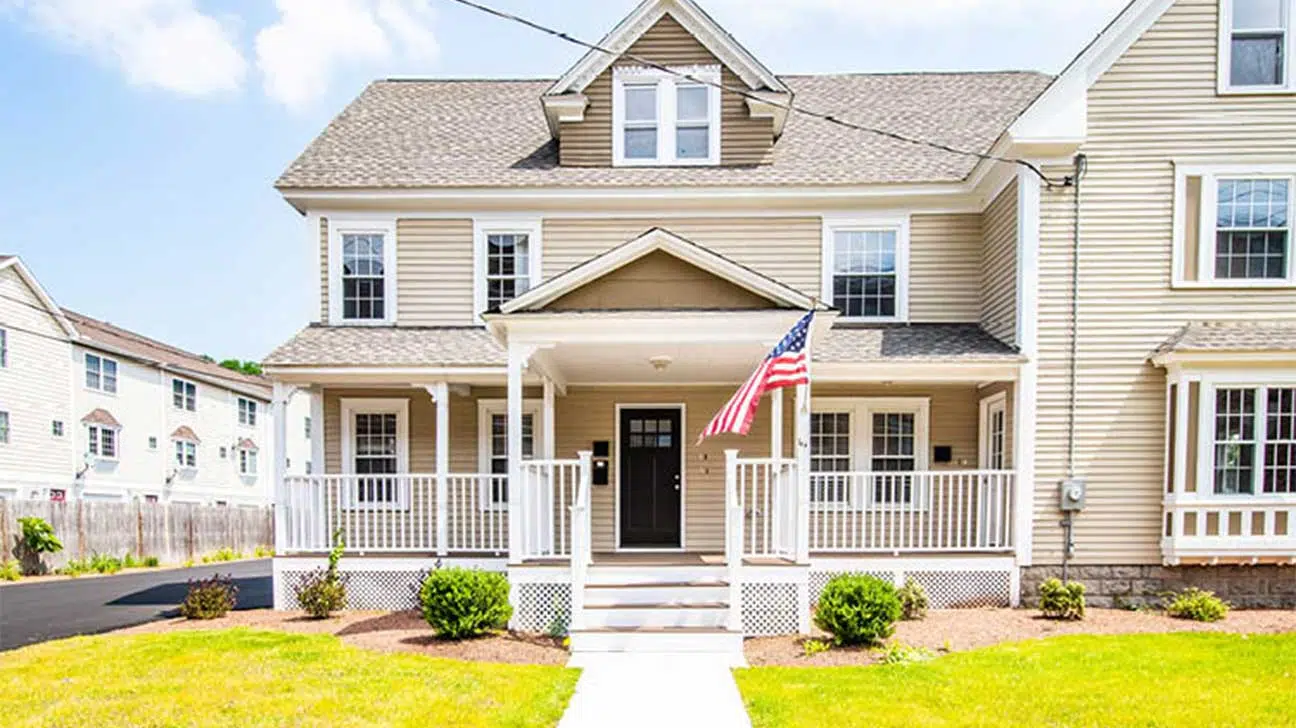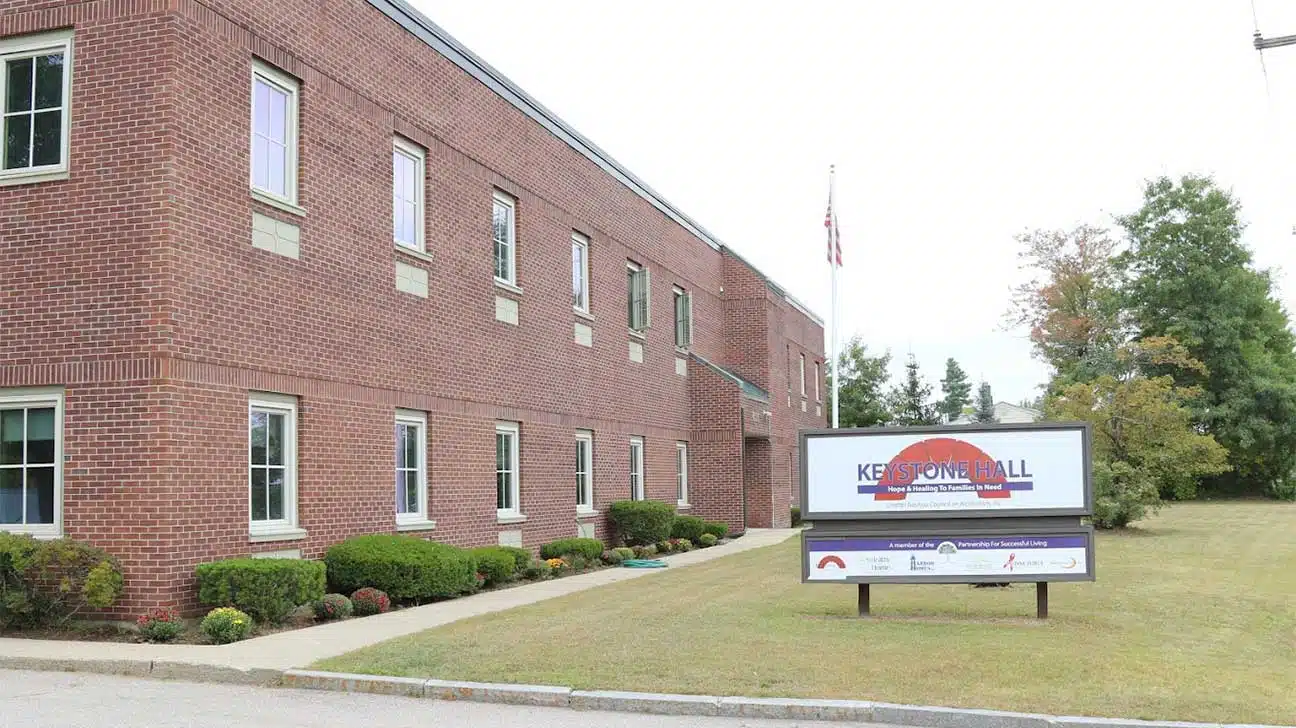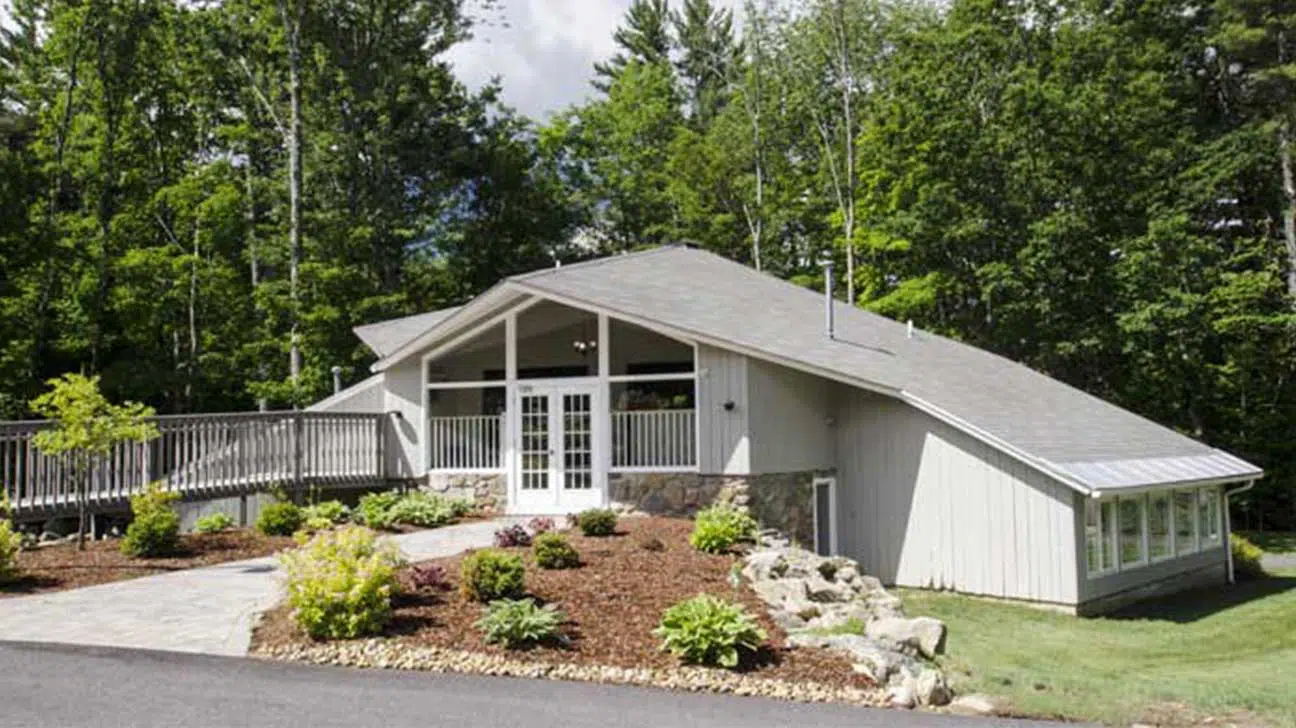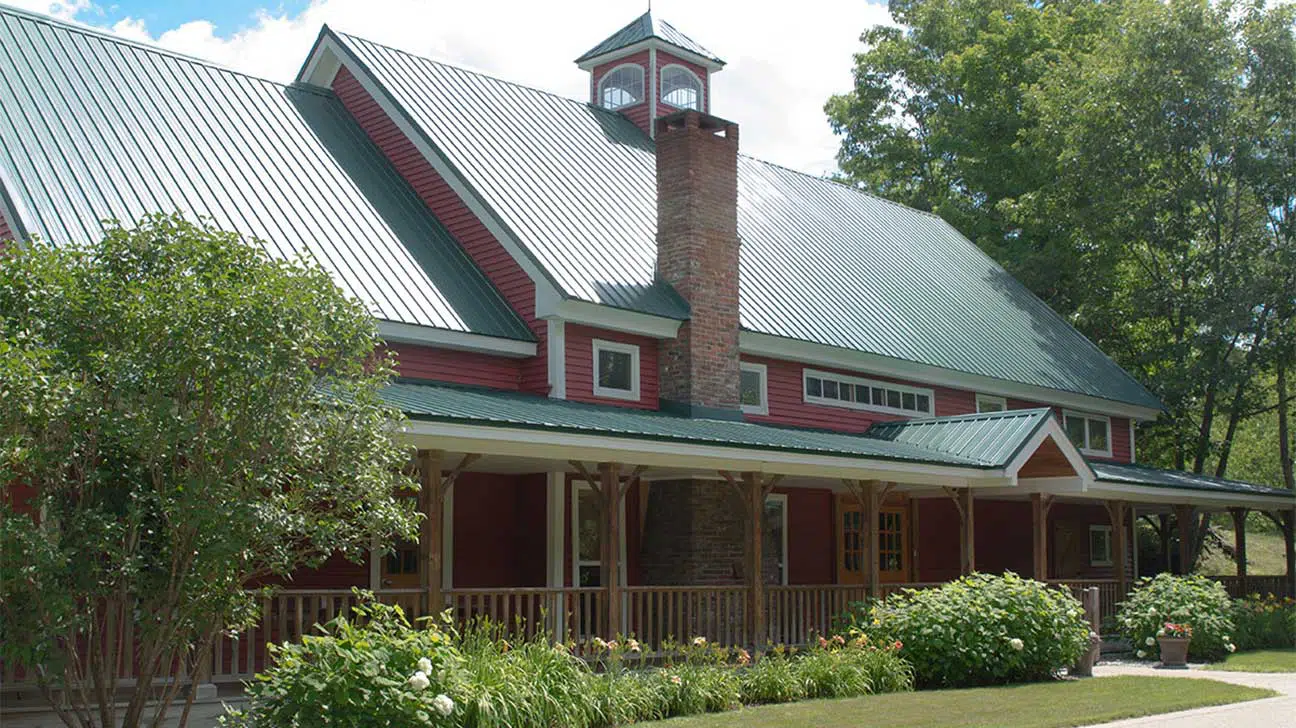
Some people in addiction recovery have co-occurring disorders; that is, mental disorders and substance use disorders that happen at the same time.
Co-occurring disorders such as those above are also known as a dual diagnosis. While some co-occurring disorders may not refer to substance abuse (such as co-occurring mental disorders), a dual diagnosis always refers to mental illness and addiction.
Many New Hampshire dual diagnosis treatment centers offer this type of care.
List Of Dual Diagnosis Treatment Programs In New Hampshire
The dual diagnosis drug rehab center you select should have a few important qualities, such as accreditation, high Google ratings, memberships, licensure, or other important marks.
1. Avenues, Concord, New Hampshire
This is an addiction recovery center in Concord, NH, offering partial hospitalization programs (PHP), intensive outpatient programs (IOP), and standard outpatient treatment.
Here, clients can get treatment for addiction and co-occurring disorders.
Treatment for mental health issues and substance abuse at Avenues is:
- accredited by the Joint Commission
- accredited by the Commission on Accreditation of Rehabilitation Facilities (CARF)
- certified by LegitScript
- rated 4.7 stars on Google
Location and contact information:
2 Chenell Dr.
Concord, NH 03301
(603) 810-8859
2. Crossroads Recovery Center, Salem, New Hampshire
Treatment for substance abuse and co-occurring disorders is available here with individual counseling, aftercare planning, relapse prevention, outpatient treatment, and IOP.
Supporting qualities of this substance abuse treatment center in Salem, NH, include Joint Commission accreditation and evidence-based treatment
Location and contact information:
155 Main St.
Salem, NH 03079
(603) 912-4490
3. Farnum Center, Manchester, New Hampshire
This rehab facility in Manchester, NH, can treat addiction and mental health problems by diagnosing and treating a dual diagnosis. The facility offers a range of treatment services.
These include:
- IOP
- PHP
- detox
- residential treatment
The top qualities featured by this treatment facility include:
- CARF accreditation
- LegitScript certification
- recognition from Blue Cross Blue Shield as a Blue Distinction Center
Location and contact information:
140 Queen City Ave.
Manchester, NH 03103
(603) 622-3020
4. GateHouse Treatment, Nashua, New Hampshire
This drug and alcohol rehab center in Nashua, NH, offers outpatient treatment, IOP, and PHP. GateHouse Treatment provides dual diagnosis treatment for co-occurring disorders.
Trusted features of this outpatient treatment center are:
- accreditation from the Joint Commission
- certification from LegitScript
- members of the New Hampshire Coalition of Recovery Residences (NHCORR)
- a 3.8-star Google rating
Their outpatient programs feature:
- peer support
- group and individual therapy
- medication-assisted treatment (MAT)
- alcohol detox
- men-only treatment in New Hampshire
- women-only drug treatment in New Hampshire
Location and contact information:
155 Main Dunstable Rd.
Ste. 130
Nashua, NH 03060
(855) 448-3707
5. Harbor Care Keystone Hall, Nashua, New Hampshire
Harbor Care provides substance abuse services near Merrimack, NH, services for veterans, mental illness treatment, housing assistance, and more with their program, Keystone Hall.
Their substance abuse services can treat alcohol addiction, drug addiction, and co-occurring mental health and substance use disorders.
A few of the programs Harbor Care provides include:
- residential treatment
- medication-assisted treatment (MAT)
- outpatient treatment
- IOP
The treatment center has been cited by the Health Resources and Services Administration as a quality health center. It is also backed by positive client testimonials and evidence-based treatment.
Location and contact information:
615 Amherst St.
Nashua, NH 03063
(603) 881-4848
6. NFA Behavioral Health, Canterbury, New Hampshire
This treatment center is provided as a part of the Granite Recovery Centers network of care.
NFA Behavioral Health is an inpatient addiction treatment program near Franklin, NH, that can treat co-occurring substance abuse and mental health conditions.
Drug addiction services provided here are supported by:
- accreditation from the Commission on Accreditation of Rehabilitation Facilities (CARF)
- recognition from the Better Business Bureau (BBB) as an A+-rated accredited business
- LegitScript certification
- membership in the National Association of Addiction Treatment Providers (NAATP)
Location and contact information:
367 Shaker Rd.
Canterbury, NH 03224
(866) 420-6222
7. The Plymouth House, Plymouth, New Hampshire
This is an outpatient and inpatient drug rehab center near Laconia, NH, that offers a specialized dual diagnosis treatment program.
This program features many of the same services as the residential treatment program, plus additional services targeted at people with an underlying mental illness.
Addiction and mental health disorder services include:
- inpatient rehabilitation
- MAT
- medication management
- individual and group therapy
- supportive residential housing
- dual diagnosis recovery support groups
Plymouth House has Joint Commission accreditation, LegitScript certification, Psychology Today verification, and a 4.8-star Google rating.
Location and contact information:
446 Main St.
Plymouth, NH 03264
(888) 665-9607
How Are Co-Occurring Disorders Treated In New Hampshire?
Dual diagnosis treatment usually revolves around individual and group therapies such as cognitive behavioral therapy, dialectical behavior therapy, and therapeutic communities.
Other treatments for co-occurring disorders revolved around medication, including medication-assisted treatment for opioid and alcohol use disorders among others.
For mental health issues, treatment may include psychotropic medication to manage symptoms while the client is going through therapy.
Commonly treated comorbid disorders in New Hampshire include:
- substance abuse and personality disorders
- addiction and behavioral disorders
- substance use and depression
- drug and alcohol addiction and eating disorders
Finally, a treatment center may offer additional services such as:
- medical detox
- holistic treatment
- healthcare
- wellness education
- sober living options
How Common Is Dual Diagnosis In New Hampshire?
According to the National Alliance on Mental Illness, roughly 33% of people with mental illness also have a substance use disorder. Of people with severe mental illness, about half have a substance use disorder.
In New Hampshire, about 221,000 adults have a mental health disorder. That means between about 73,000 and about 110,000 people from that group have co-occurring substance abuse.
Choosing A Dual Diagnosis Program In New Hampshire
To choose the right dual diagnosis addiction treatment center, you should consider your specific needs and diagnosis.
Here’s how to choose the right program for yourself or your loved one.
Consider The Diagnosis
Some rehab centers specialize in treating specific disorders, such as anxiety and substance abuse, depression, and bipolar disorder with alcohol abuse (commonly diagnosed and treated disorders in dual diagnosis programs).
Be sure to select a treatment center that can assist you with programs and services to address your specific diagnosis.
If you don’t see the mental disorder you need treatment for listed on their website, you can reach out to the addiction treatment specialists on staff to get more information.
Find Specialized Dual Diagnosis Treatment
The best treatment programs for someone with a dual diagnosis are the ones that specialize in offering that form of treatment.
Dual diagnosis programs, or those specifically treating co-occurring disorders, often use behavioral therapy, group discussion for people with co-occurring disorders, and more.
Many dual diagnosis treatment centers use:
- cognitive behavioral therapy
- dialectical behavioral therapy
- programs specified for certain disorders, such as post-traumatic stress disorder (PTSD) and addiction
Choose Inpatient Or Outpatient Treatment
You will need to decide whether an inpatient program (24-hour) or outpatient program (part-time) is ideal for your recovery needs.
Many treatment programs in New Hampshire provide dual diagnosis treatment, but they each vary in the level of care that’s available.
Some may provide dual diagnosis services with outpatient treatment, IOP, or PHP, and others may only offer it with their inpatient and residential treatment programs.
New Hampshire Dual Diagnosis Treatment FAQs
We’ve answered several of the most frequently asked questions about dual diagnosis drug abuse programs in the state of New Hampshire.
What Are The Levels Of Care For Dual Diagnosis Treatment?
Dual diagnosis treatment can occur at many different levels of care. It depends on what you need for your individual needs.
Levels of care can include inpatient treatment (including New Hampshire long-term residential treatment), outpatient treatment (including PHP and IOP), and detoxification programs.
Are There LGBTQ-Friendly Dual Diagnosis Rehab Programs In New Hampshire?
Yes, there are New Hampshire LGBTQ-friendly rehab programs that offer dual diagnosis treatment. This can be an essential treatment component for some who have trauma-related disorders.
Is Dual Diagnosis Treatment Covered Under Insurance In New Hampshire?
Dual diagnosis treatment is covered under most private and public health insurance plans. Your specific covered services may vary based on your health insurance provider.
Generally, though, dual diagnosis rehab centers work with private health insurance companies to find coverage for your treatment options.
They may also accept government-funded health insurance programs such as Medicare, military insurance, or New Hampshire Medicaid for substance abuse treatment.
Find Dual Diagnosis Treatment Today
Dual diagnosis treatment centers can help you or a loved one if you are battling a mental health and substance use disorder. Reach out to us today to learn more about your treatment options.
Updated on April 6, 2023
Addiction Resource aims to provide only the most current, accurate information in regards to addiction and addiction treatment, which means we only reference the most credible sources available.
These include peer-reviewed journals, government entities and academic institutions, and leaders in addiction healthcare and advocacy. Learn more about how we safeguard our content by viewing our editorial policy.
- National Institute of Mental Health
https://www.nimh.nih.gov/health/topics/substance-use-and-mental-health - National Library of Medicine: MedlinePlus
https://medlineplus.gov/dualdiagnosis.html#:~:text=Someone%20with%20a%20dual%20diagnosis,you%20emotional%20and%20social%20support. - Substance Abuse and Mental Health Services Administration
https://www.samhsa.gov/medication-assisted-treatment/medications-counseling-related-conditions/co-occurring-disorders

